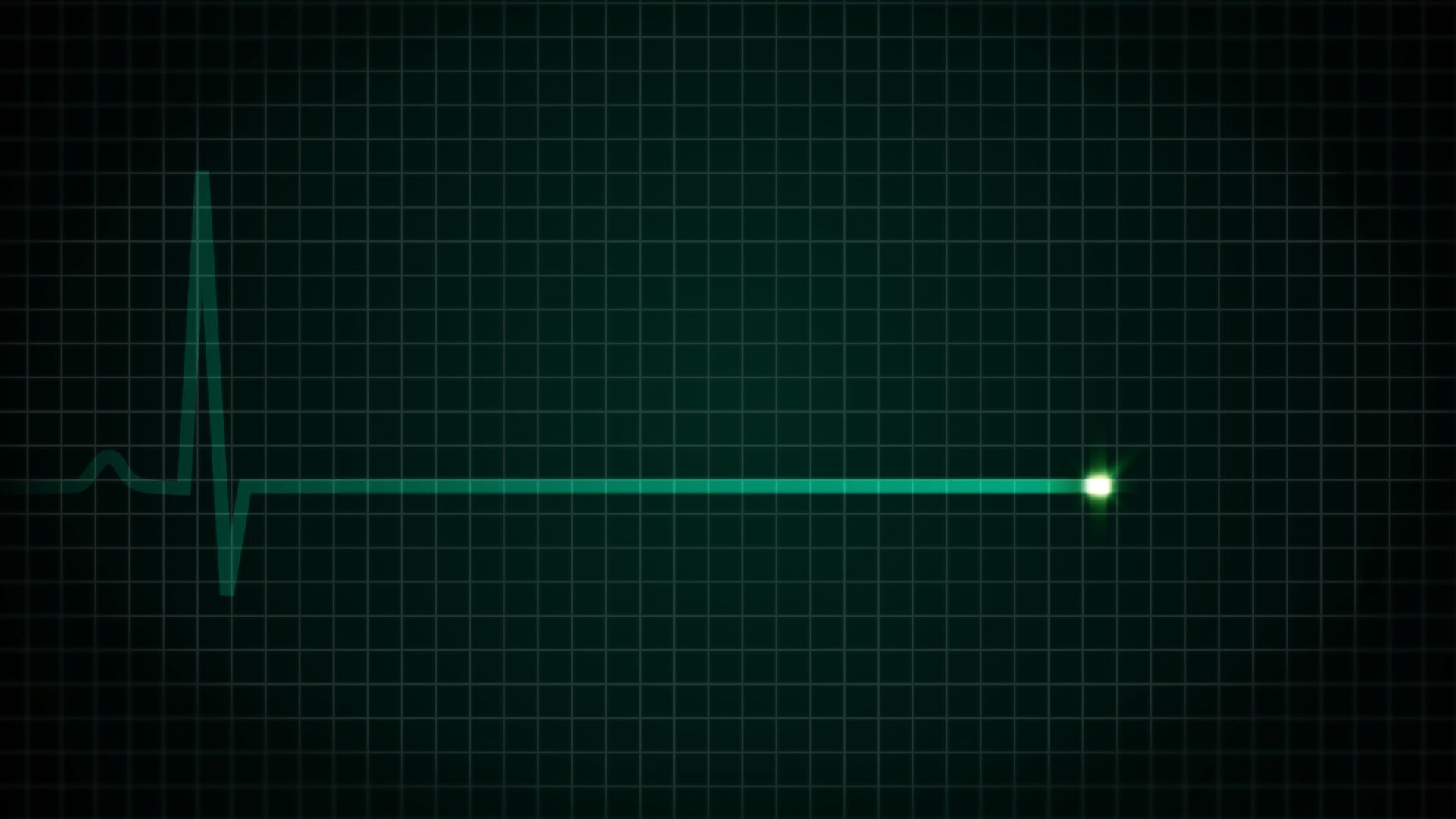Nasopharyngeal Airway (NPA)
Myocardial Infarction Pronunciation: mī-ə-ˈkärd-ē-əl in-ˈfärk-shən
Definition: A myocardial infarction, more commonly known as a heart attack, occurs when blood flow to a part of the heart is blocked, often by a blood clot. This can severely damage the heart muscle and can be life-threatening. A myocardial infarction is a medical emergency requiring immediate treatment.
Frequently Asked Questions About Myocardial Infarction
What causes a myocardial infarction?
A myocardial infarction usually occurs when a coronary artery, which supplies blood to the heart muscle, becomes blocked by a blood clot. This can be a result of coronary artery disease, in which the arteries become narrowed from a build-up of cholesterol, fat, and other substances, known as plaque.
What are the symptoms of a myocardial infarction?
Symptoms of a myocardial infarction can vary but may include chest pain or discomfort that can spread to the arms, shoulder, neck, teeth, jaw, abdomen, or back; shortness of breath; sweating; fainting; nausea; vomiting; and a sense of impending doom. The severity of these symptoms can vary, and they may come on suddenly or begin slowly and then increase over time.
How is a myocardial infarction treated?
A myocardial infarction is a medical emergency that requires immediate treatment. Treatment aims to restore blood flow to the heart and may include medications, such as aspirin and other clot-busting drugs, and medical procedures, such as coronary angioplasty and stenting or coronary artery bypass surgery. It’s crucial to call emergency medical services right away if a heart attack is suspected.
More Articles





